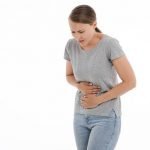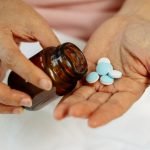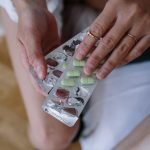This stuff in gut linked to depression, bipolar disorder
In a new study from King's College London, researchers found that there is a common, overlapping environment in the gut bacteria of people living...
These drugs can benefit people with diabetes and depression
In a new study from the National Taiwan University Hospital, researchers found people with diabetes and depression who take antidepressants may have a lower...
A greener environment can help reduce depression, boost cancer survival
Evidence is growing that living in areas of high greenness, surrounded by trees, shrubs and other vegetation has beneficial effects on human health.
In two...
Taking this depression drug too much can temporarily shut down the brain
In a recent study published in the journal Scientific Reports, researchers have identified two brain phenomena that may explain some of the side-effects of ketamine.
Their...
Think leisure is a waste? That may lead to depression and stress
In a new study from Ohio State University, researchers found feeling like leisure is wasteful and unproductive may lead to less happiness and higher...
This depression drug can save COVID-19 patients, study finds
In a new study from McMaster University, researchers found an inexpensive oral antidepressant can save the lives of COVID-19 patients and cut hospital admissions...
People with depression and anxiety may develop Alzheimer’s early
In a recent study presented at the American Academy of Neurology’s 73rd Annual Meeting, researchers found that having depression is known to increase your...
Depression and sleep loss should be treated individually, study shows
A common belief is that insomnia is a secondary symptom of depression when they co-occur.
But in a new study from Flinders University, researchers suggest...
This sound wave therapy may help treat depression, anxiety
In a recent study published in Science Advances, researchers discovered that treatments of brain disorders may not have to require drugs or invasive surgery at...
Scientists find an effective way to treat pain, depression, anxiety
With the growing prevalence of chronic pain, depression, anxiety, and other symptom-based conditions, doctors are increasingly considering how to augment the care they can...










